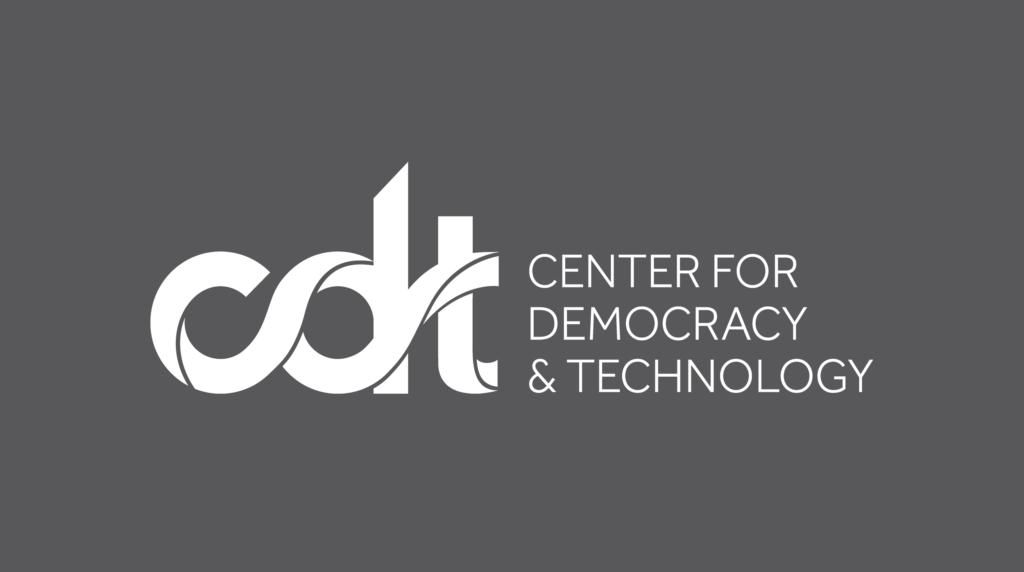Cybersecurity & Standards, Open Internet, Privacy & Data
Supporting Internet Privacy from the Ground Up
Sometimes even simple online actions can have serious consequences. A link in your email could be malware. Your cellphone plan provider might be tracking all of the websites that you visit. And in some countries, it might not even be possible to visit some websites. Unfortunately, one of the essential technologies that makes the internet work wasn’t originally designed with security, privacy and censorship in mind.
Whenever you visit a website, your browser has to convert a URL like “www.wikipedia.org” into a string of numbers called an IP address. To do that, your computer or phone has to ask a DNS resolver, a service that works like an internet address book, to provide the IP address of the website you’re trying to visit.
This process is not private by default. Many of us are using a web browser application like Chrome, Firefox or Safari without knowing that our browsing habits could be accessed without us ever knowing, perhaps because the default DNS resolver isn’t incorporating privacy protections. That’s why a global DNS resolver called Quad9 was founded with privacy guarantees baked in from the beginning. Quad9 also provides additional security by not resolving known malware, spyware, spam and phishing URLs.
In an example of CDT playing a critical role in supporting privacy online, CDT chief technology officer Mallory Knodel helped to launch a new human rights advisory council for Quad9. In late April 2024 the announcement of the advisory council coincided with the NetMundial+10 meeting in Sao Paulo, Brazil. This groundbreaking initiative brings together well-respected professionals into a body that will consider the privacy, equity and human rights implications of Quad9’s operations, marking a significant stride towards safeguarding privacy and equity across the service’s global internet architecture.
Quad9, known for its high privacy guarantees and security benefits, is a nonprofit that operates over 240 points of presence in more than 110 countries. Knodel will chair the new council, whose distinguished members reflect Quad9’s global presence. It includes Bob Ochieng of ICANN in Kenya; Pablo Hinojosa of APNIC in Australia; Tara Tarakiyee of the Sovereign Tech Fund in Germany; Serge Droz, board member of FIRST; Lars Eggert, former IETF chair and engineer at Mozilla; Seeta Peña Gangadharan at the London School of Economics and Political Science; Lai Yi Ohlsen of Measurement Lab in New York; Urvashi Aneja at the Digital Futures Lab in India; and Shane Kerr of IBM Amsterdam.
Initiatives that incorporate privacy, security and human rights concerns from the start are all too rare in the technology space, making Knodel’s work with Quad9 and the council particularly important. By embracing initiatives like Quad9 and its human rights advisory council, we not only protect our privacy and security online but also champion trusted providers that are accountable to the public interest.

